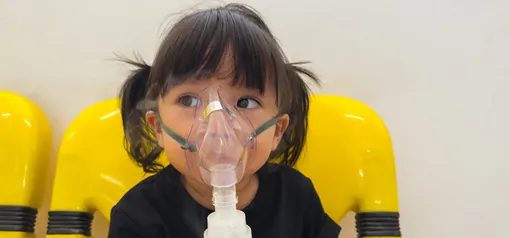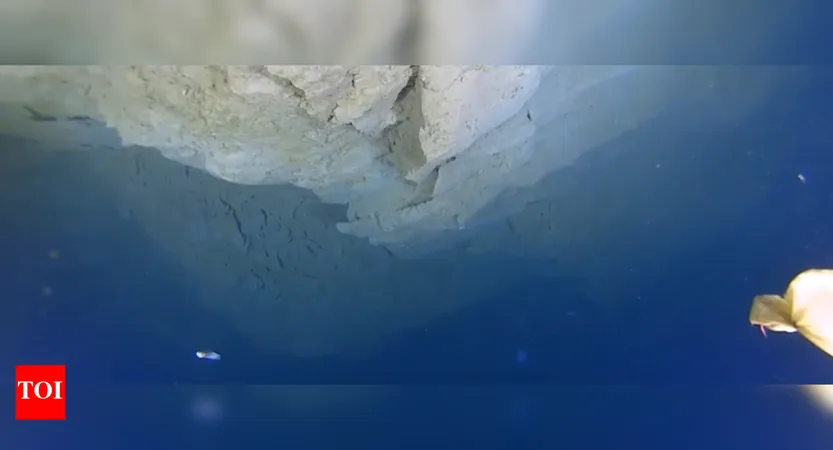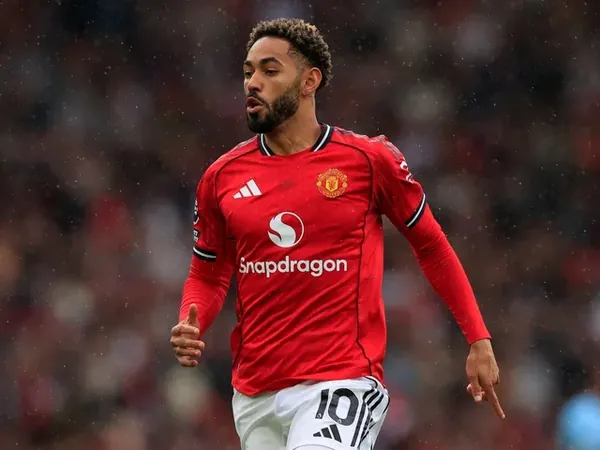
Groundbreaking Research Targets Lung Damage Prevention in Young Children with Severe Flu and RSV
2025-08-18
Author: Arjun
Protecting Our Youngest: A Race Against Time
Children under the age of two are facing a serious health crisis. When flu or respiratory syncytial virus (RSV) strikes, these little ones are at the highest risk of severe illness and hospitalization. Currently, medical professionals have no effective medications to not only speed up recovery but also prevent long-term lung damage, leaving them to rely primarily on breathing support.
Innovative Research at the Forefront
Leading the charge in this vital research is Dr. Bria Coates from the Ann & Robert H. Lurie Children’s Hospital of Chicago. Funded by the National Institutes of Health, she is on a mission to uncover new ways to halt lung injury and enhance cell repair in these vulnerable patients. ”We want to understand why some infants and toddlers become critically ill from viral infections while others recover,” says Dr. Coates, a critical care medicine physician and Assistant Professor of Pediatrics at Northwestern University Feinberg School of Medicine.
The Role of the Immune System
Dr. Coates is delving into the complexities of the innate immune system, the body's first line of defense against infections. This system is designed to recognize foreign invaders and initiate a response; however, in the case of severe flu and RSV, it may backfire. ”Our research indicates that rather than effectively clearing the virus, the immune response can cause excessive damage to the lungs,” she explains.
A Ray of Hope: Calming the Immune Response
In a fascinating twist, Dr. Coates discovered that macrophages—white blood cells that are supposed to devour the virus—are actually inflicting harm on young lungs instead. To combat this, her team is experimenting with existing medications that may calm this misguided immune response. In lab tests, they’ve observed promising signs of lung cell repair with these treatments.
Towards a Brighter Future for Ill Children
The battle against viral-induced lung damage is ongoing, and Dr. Coates emphasizes a critical aspect of their work: ”The injury occurs when the virus triggers DNA damage in lung cells, sparking an overblown immune response. By modifying this inflammation pathway and enhancing the natural repair processes, we hope to pave the way for quicker recovery in critically ill children.” Dr. Coates represents hope for the future, working tirelessly to protect the health of our youngest generation.



 Brasil (PT)
Brasil (PT)
 Canada (EN)
Canada (EN)
 Chile (ES)
Chile (ES)
 Česko (CS)
Česko (CS)
 대한민국 (KO)
대한민국 (KO)
 España (ES)
España (ES)
 France (FR)
France (FR)
 Hong Kong (EN)
Hong Kong (EN)
 Italia (IT)
Italia (IT)
 日本 (JA)
日本 (JA)
 Magyarország (HU)
Magyarország (HU)
 Norge (NO)
Norge (NO)
 Polska (PL)
Polska (PL)
 Schweiz (DE)
Schweiz (DE)
 Singapore (EN)
Singapore (EN)
 Sverige (SV)
Sverige (SV)
 Suomi (FI)
Suomi (FI)
 Türkiye (TR)
Türkiye (TR)
 الإمارات العربية المتحدة (AR)
الإمارات العربية المتحدة (AR)